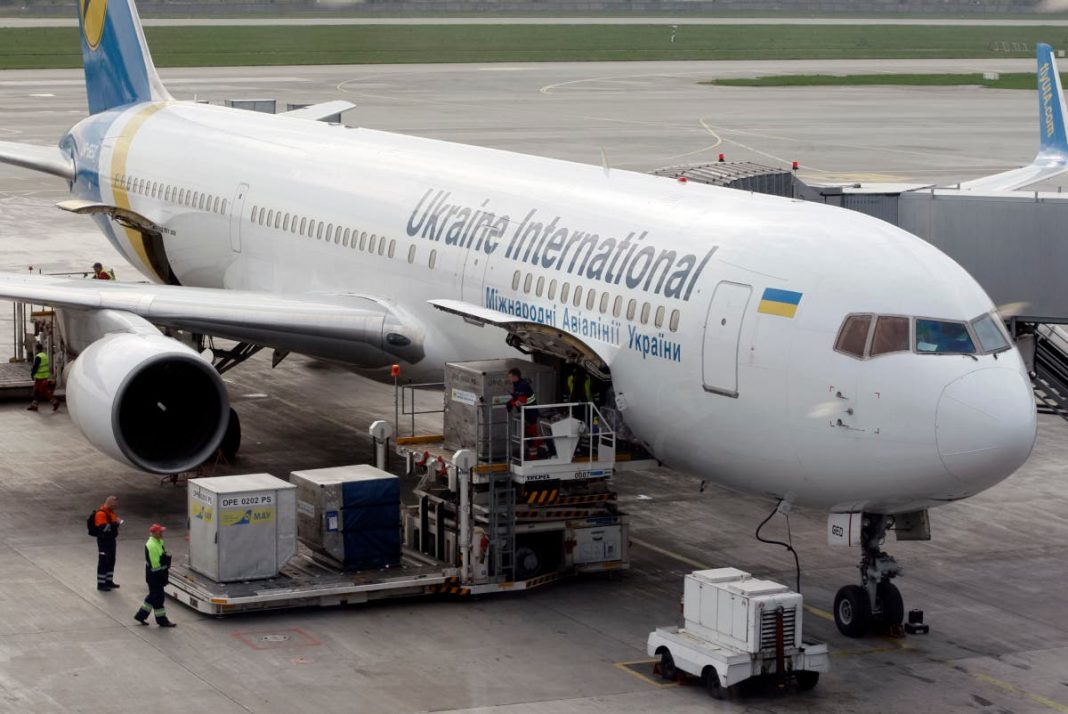Last month, there was unfortunate news that 38 puppies passed away on a Ukraine International Airlines (UIA) flight to Toronto. Following this incident, Canadian authorities have now banned the importation of puppies from Ukraine.

The initial event
The plane was carrying approximately 500 dogs when it arrived in Canada on June 13th. However, the flight resulted in chaos, with the puppies barking and showing signs of unrest.
When they landed at Pearson International Airport, Toronto, many of the dogs were vomiting while suffering from dehydration and weakness. UIA shared its condolences for the tragic loss, and said that it is working with local authorities to determine what happened.
Nonetheless, the Canadian Food Inspection Agency (CFIA) has informed Simple Flying that there was an investigation into this large shipment of dogs. Subsequently, it has decided to cancel the importation of all commercial puppies under eight months of age from Ukraine. This policy has been in effect since yesterday (July 6th).

Additionally, in a public statement, the body says that it takes its mandate for protecting animal welfare very seriously. It also added that it will keep these restrictions in place until there is evidence of improvements in animal transportation procedures.
“The CFIA’s decision is based on investigation findings of possible failures to comply with import requirements, including animal welfare concerns,” the body said in a statement seen by Simple Flying.
“These actions will remain in effect until the CFIA is satisfied that import conditions and international transport standards are in place and that animals will travel safely in the future.”
Extra care is always needed
Dogs often travel on aircraft, and several airlines offer services to accommodate them. The majority of them fly in the hold of an aircraft, which is a section at the rear of a plane, underneath the cabin. However, staff do not merely dump them there along with suitcases. Carriers have introduced specifically designed measures to ensure they are taken great care of on their journeys.
However, these initiatives are usually for a small number of pets needing to join their owners at their destination. Whereas last month’s service was a large-scale operation and requires a permit beforehand. Therefore, even more care is necessary when working on a task such as this.

Altogether, an incident such as the one that happened last month must not happen again. Therefore, until authorities can guarantee that there will be no harm to puppies while they are traveling in the skies, this ban is the best way forward.
What are your thoughts on the Canadian government’s decision to ban the importation of puppies from Ukraine? Is this a good move by the country? Let us know what you think in the comment section.
[ad_2]
Source link



